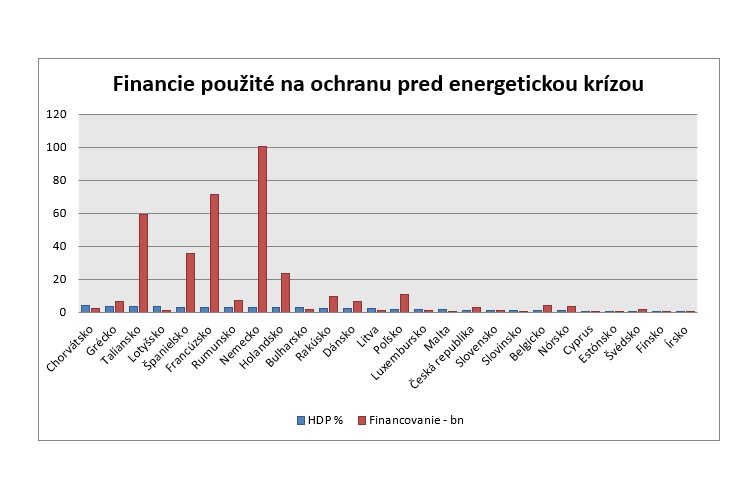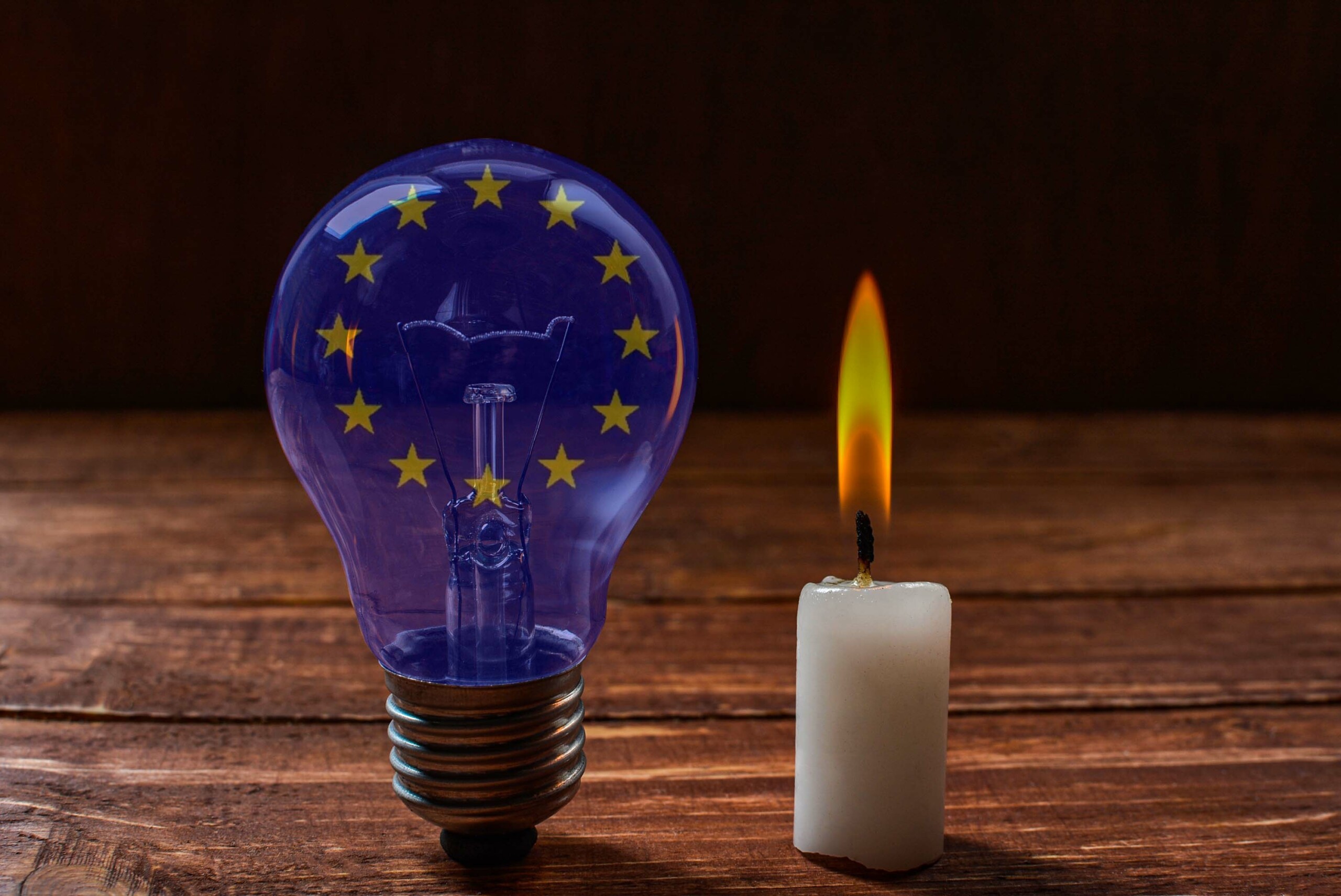It finally starts to look like the Covid-19 pandemic is ending. However, it doesn’t look like it’s smooth sailing from now on for the EU governments. The rising energy prices drive the prices of everything else up. Of course, inflation follows. Moderate inflation of around 2% is considered beneficial for economic growth. Unfortunately, we’re way past that point. According to Eurostat, as of July 2022, inflation in the Euro area has reached 8,9 % and it keeps going up!
How does the EU react?
Inflation isn’t going to stop rising by itself, and the EU governments are well aware of that. There has been an informal meeting of economy and finance ministers on 9 September 2022 to discuss potential solutions. Government officials call for citizens to use energy sparingly and use a car only when it’s necessary. Unfortunately, they know that’s not enough to help their citizens to get through this financial storm.

That is why many EU governments have started working on policies to shield consumers from rising energy prices. Most of these policies include financial compensation or fuel discounts. Here are some examples:
Slovakia
The Slovak government has made the choice to aid the country’s future – the children. It has introduced a one-off child subsidy, as well as greater tax breaks for families with children and higher child allowances. The government has also announced plans to introduce price caps on electricity, gas and heating.
The Netherlands
This month, the government announced a 10% increase in the minimum wage to directly combat inflation. That is combined with decreased VAT for energy (9%, previously 21%) and 21% lower excise duty on petrol and diesel.
Czech Republic
The government allocated 2.7 billion EUR €1 (1.1 billion of which is for households) to help businesses and citizens with their energy bills during the heating season. Households will be able to receive between €530 and €650.
Hungary
Probably one of the measures that has helped citizens the most is the price cap on diesel and petrol of EUR 1.30. The government also intends to increase gas production. That way they would not be so dependent on imports.
Bulgaria
Electricity and heat prices for households will remain unchanged until the end of March. 77 million EUR will be allocated towards reducing fuel excises.
Romania
The government has announced that the cap on energy prices will be maintained until August 2023. There will also be compensation for gas and energy bills that would affect 85% of the population.
And how do we fight inflation?
We in Atena believe that we shouldn’t only wait for the government to make positive changes for us, and we’re fighting inflation on our own as well. We’ve already given several pay raises to healthcare workers this year, and we’re planning another raise in October! Atena also encourages energy conservation – we don’t use anything we don’t need. The health of our employees is also important to us – we do what we can to keep everyone healthy and fit. And just as we survived the Covid-19 pandemic, we wil also get through this challenge. And we’ll be better and stronger in the end!








